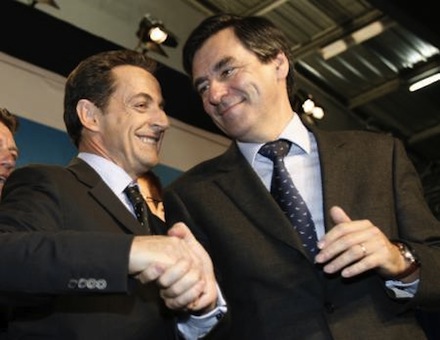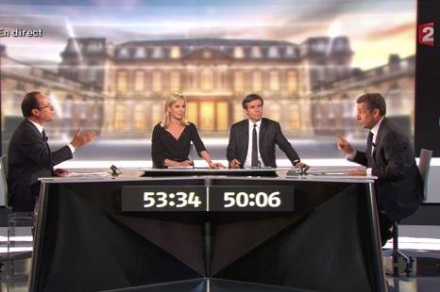France has now had a full day since learning the results of Sunday’s first round of the French parliamentary elections (France votes again in the second round this coming Sunday), and there’s really not much surprise in the aggregate result. ![]()
Much as predicted: the Parti socialiste of newly inaugurated François Hollande narrowly led the first round with 29% to just 27% for the somewhat demoralized and rudderless Union pour un mouvement populaire.
It seems likely that Hollande and his allies will control a parliamentary majority following Sunday’s second round (although it’s not certain) — the Parti socialiste is projected to win 270 to 300 seats to just 210 to 240 seats for the UMP. In the best case scenario, the Parti socialiste and its allies would like to win 289 seats outright this Sunday. If they wins less than 289 seats, however, they will be able to rely first on France’s Green Party, Europe Écologie – Les Verts, with which the Parti socialiste has an electoral alliance (projected to win 8 to 14 seats, largely because of the alliance) and then, if necessary, with the support of the Front de gauche (projected to win 14 to 20 seats), a group of communists and other radical leftists under the leadership of Jean-Luc Mélenchon. Hollande would prefer to avoid the latter, as many potential Front de guache deputies are members of France’s communist party who would attempt to pull Hollande’s agenda further leftward. Continue reading Final French parliamentary election results for first round


